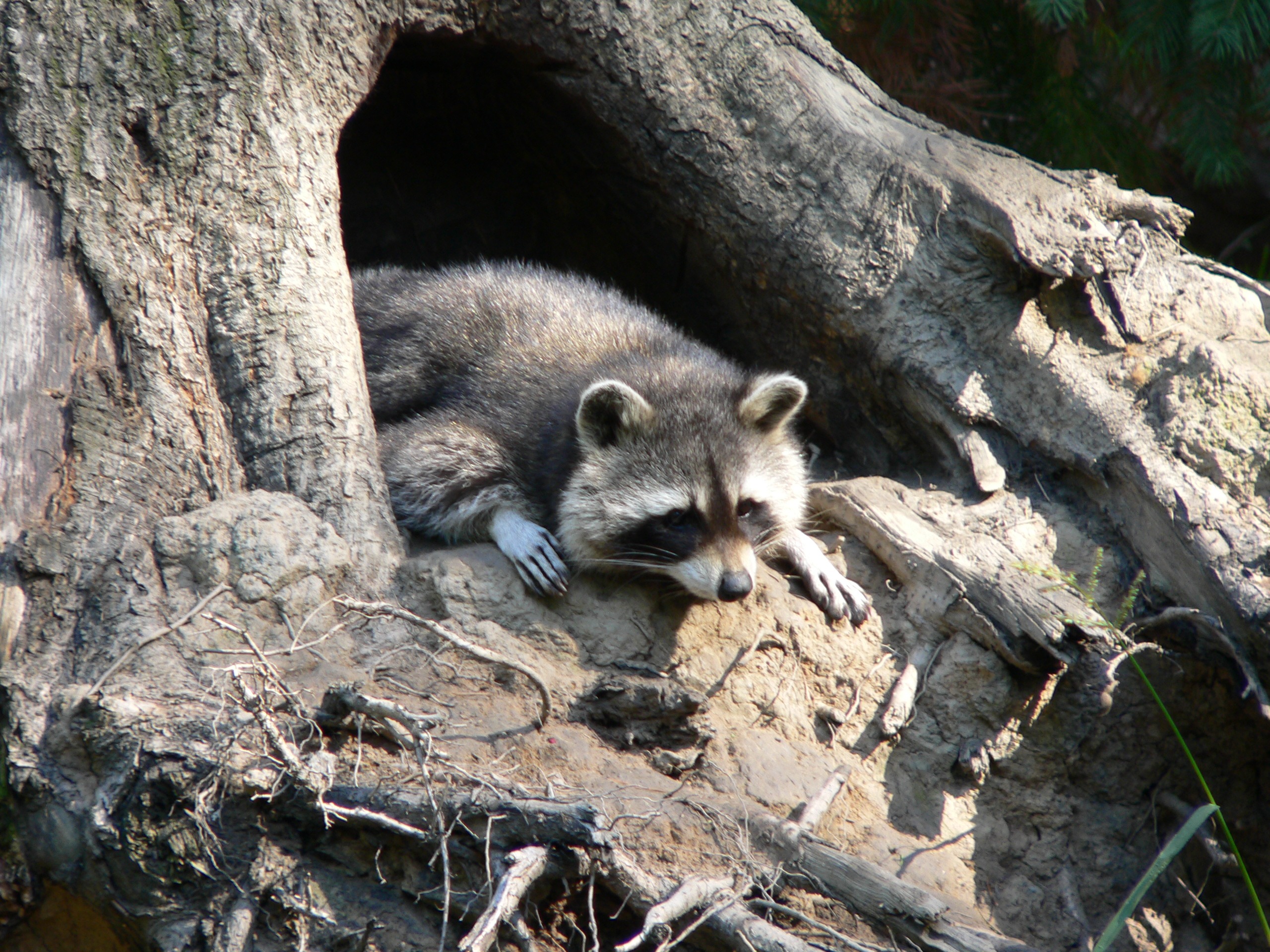
Raccoons are fascinating creatures that captivate the interest of many nature enthusiasts and animal lovers alike. As the winter months approach, a common question arises: do raccoons hibernate? Understanding the behavior of these intriguing mammals can provide insights into their survival strategies and how they cope with seasonal changes. In this article, we will explore the habits of raccoons, their sleeping patterns, and how they adapt during the cold months of the year.
While many animals, like bears, are well-known for their hibernation patterns, raccoons exhibit a different strategy. They are adaptable creatures that may enter a state of dormancy, but they do not hibernate in the traditional sense. This distinction is crucial for understanding how raccoons manage their energy and resources throughout the winter.
In this article, we will delve into the world of raccoons, addressing common questions about their hibernation habits, seasonal behaviors, and the environmental factors that influence their activity. Join us as we uncover the truth behind the question: do raccoons hibernate?
What is Hibernation?
Hibernation is a state of inactivity and metabolic depression in endotherms, commonly seen in various mammals during the winter months. During this time, animals significantly reduce their metabolic rate, heart rate, and body temperature to conserve energy. This adaptation allows them to survive periods when food is scarce and environmental conditions are harsh.
Do Raccoons Hibernate in the Traditional Sense?
The simple answer is no; raccoons do not hibernate like bears or ground squirrels. However, they do engage in a behavior known as "torpor," which is a lighter form of dormancy. During this period, raccoons may become less active and seek shelter in tree hollows, dens, or abandoned burrows to conserve energy.
How Do Raccoons Prepare for Winter?
As winter approaches, raccoons start preparing for the colder months by increasing their food intake, building up fat reserves, and finding suitable dens for shelter. They may forage for food during mild winter days, but their activity levels significantly decrease during extreme cold spells. Here are some key preparations raccoons make for winter:
- Increased food consumption in the fall to build fat reserves.
- Seeking out and creating dens for shelter.
- Reducing activity levels and becoming less social during the coldest months.
What Factors Influence Raccoon Activity in Winter?
Several factors can influence the activity levels of raccoons during winter, including weather conditions, food availability, and habitat. Raccoons are opportunistic feeders and will take advantage of any available food source, which can impact their winter behavior. Here are some influential factors:
1. Weather Conditions
Extreme cold and snow cover can limit raccoon activity. On warmer days, they may venture out in search of food, while harsh conditions may drive them to remain in their dens.
2. Food Availability
Raccoons are known for their adaptability and resourcefulness. If food sources such as leftovers or natural food become available, they may become more active even in winter.
3. Habitat Type
The type of environment raccoons inhabit can affect their winter behavior. Urban areas may provide more food opportunities, while rural areas may lead to more prolonged dormancy due to food scarcity.
Do Raccoons Sleep in Their Dens During Winter?
Yes, raccoons do tend to sleep in their dens during the winter months. While they do not hibernate, they may enter a state of torpor, where their activity levels decline significantly. Dens provide protection from harsh weather conditions and are essential for their survival during winter.
What Types of Dens Do Raccoons Use?
Raccoons are known for their adaptability and will use various types of dens, including:
- Tree hollows
- Abandoned burrows of other animals
- Structures such as attics or sheds in urban areas
- Rock crevices and dense vegetation
How Long Do Raccoons Remain in Their Dens During Winter?
The length of time raccoons remain in their dens during winter can vary based on environmental conditions and food availability. Typically, they may spend several weeks in their dens during extreme cold spells, emerging during milder weather to search for food. Their behavior is highly flexible, allowing them to adapt to changing conditions.
Conclusion: Do Raccoons Hibernate or Not?
In conclusion, while raccoons do not hibernate in the traditional sense, they exhibit behaviors that allow them to survive the winter months. They enter a state of torpor, reduce their activity levels, and seek shelter in dens. By understanding the unique characteristics of raccoon behavior, we gain valuable insights into how these creatures navigate the challenges of seasonal changes. So, while the answer to the question "do raccoons hibernate?" is a definitive no, they have their own fascinating ways of adapting to winter.
ncG1vNJzZmirn521b6%2FOpmasp5idu6bD0qCcq7FmZLGwedGampynn6PAbrTIm5yrppGpsm%2B006aj